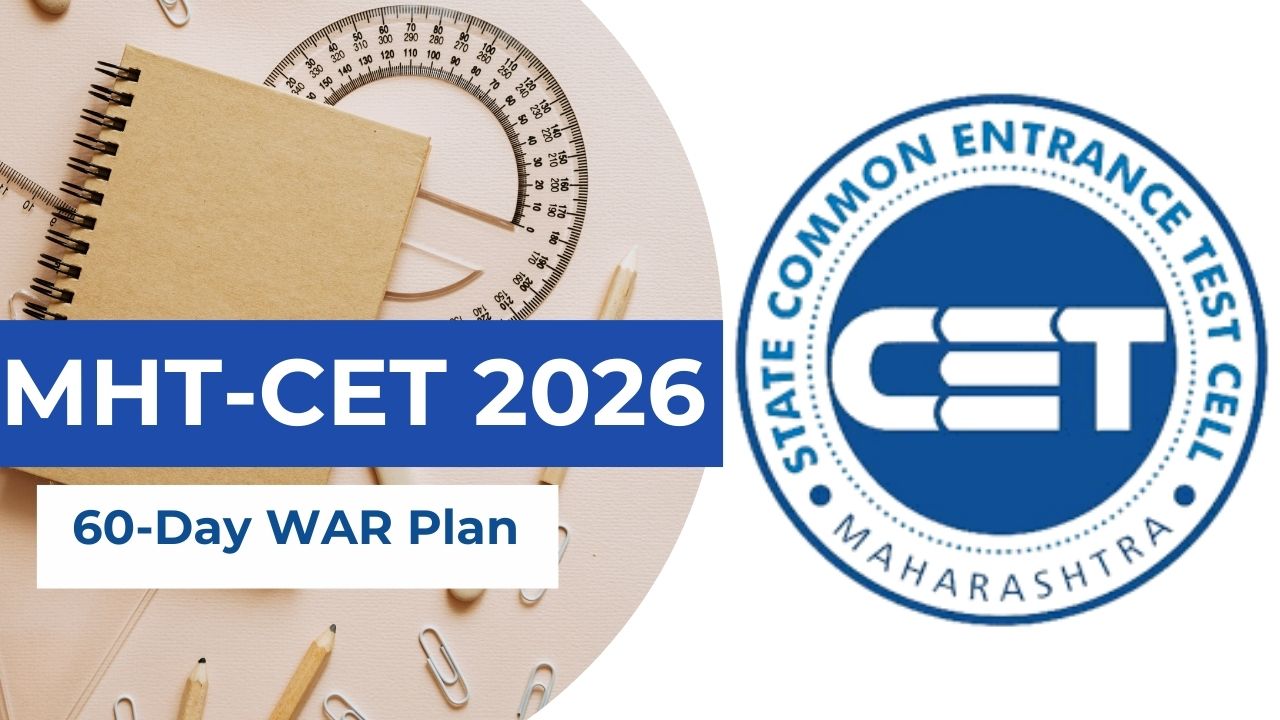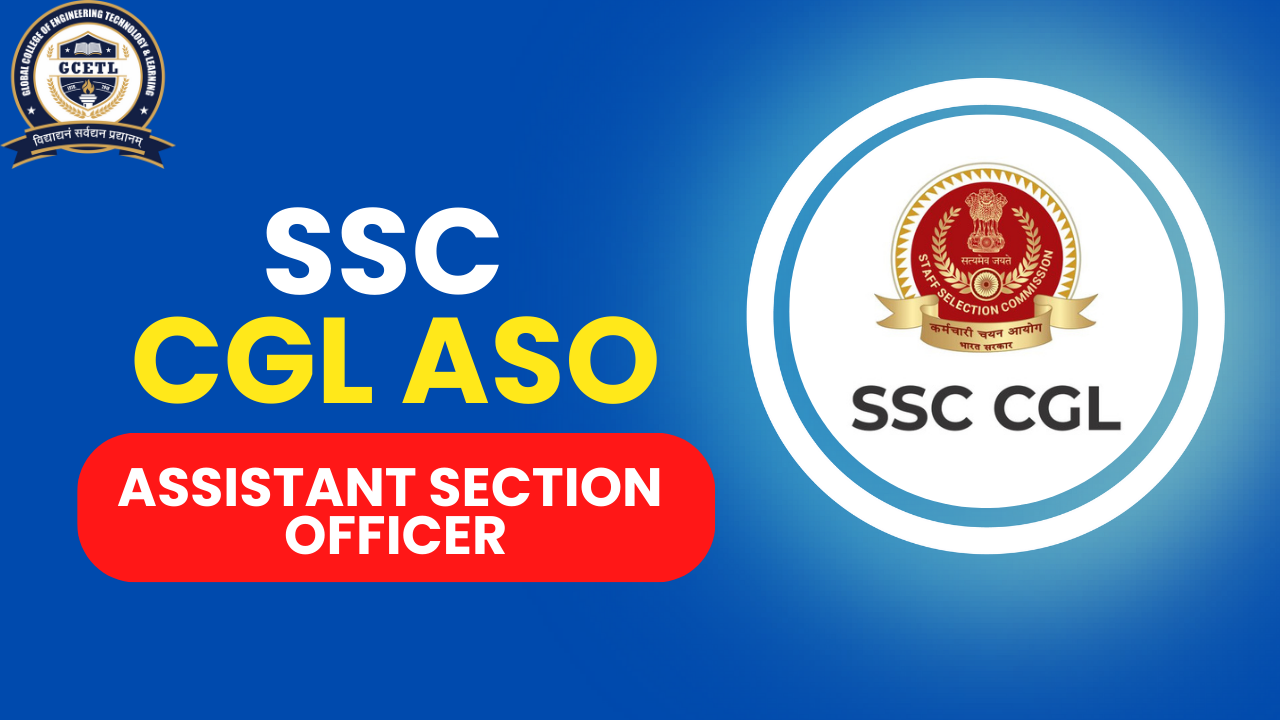Bhoomi Kaushik
Get Real Experts on your side
Before venturing to seek career counseling, answer a few basic questions so we can connect you with our best expert counselor for personalised guidance and mentorship.




Bhoomi Kaushik
05/02/2025
The role of a Business Analyst (BA) is crucial in today's data-driven and technology-oriented business environment. Business Analysts act as a bridge between stakeholders, identifying business needs and recommending data-driven solutions. They play a pivotal role in aligning business objectives with IT systems and processes to drive efficiency and innovation.
Key Responsibilities of a Business Analyst:

1. Requirement Gathering:
Understanding
the needs of stakeholders and translating them into clear, actionable
requirements.
2. Data Analysis: Analyzing business data to
identify trends and opportunities for improvement.
3. Process Improvement:
Evaluating
existing business processes and suggesting optimizations.
4. Stakeholder Communication: Acting as a liaison between technical teams and business stakeholder
6. Solution Validation:
Ensuring
that the delivered solution meets business needs.
By leveraging these responsibilities, Business Analysts
contribute significantly to project success and strategic decision-making
within organizations.
|
Undergraduate Programs |
Post Graduate Programs |
Top Business Analyst Interview Questions and Answers

If you're preparing for a Business Analyst interview,
understanding the types of questions you'll face and having structured answers
ready can set you apart. Below is a comprehensive list of top Business Analyst
interview questions along with thoughtful answers to help you excel.
1. Can you explain the role of a Business Analyst?
Answer: The role of a Business
Analyst involves understanding business requirements, analyzing data, and
helping organizations make informed decisions to improve processes and systems.
BAs work closely with stakeholders, project managers, and development teams to
ensure that solutions align with business goals.
2. What are the key skills required for a Business
Analyst?
Answer:
3. How do you handle changing requirements during a
project?
Answer: I follow an Agile approach
when managing changing requirements. I ensure continuous communication with
stakeholders to understand their evolving needs. Prioritization techniques like
MoSCoW (Must-have, Should-have, Could-have, and Won't-have) help me manage and
align requirements effectively with project timelines.
4. Can you describe a time when you identified and solved
a business problem?
Answer: In
my previous role, the sales team faced difficulties tracking customer
interactions, which impacted sales conversions. I identified gaps in the CRM
system and recommended integrating an automated lead tracking system. After
implementation, the conversion rate improved by 20%.
5. What techniques do you use to gather requirements?
Answer: I
use various techniques based on the project and stakeholders, including:
6. How do you prioritize requirements?
Answer: I use prioritization
techniques like:
MoSCoW Method: Categorizing requirements as Must-have,
Should-have, Could-have, and Won’t-have
Kano Model: Focusing on customer satisfaction
Business Value Analysis: Evaluating the impact on
business goals and ROI
7. How do you ensure effective communication between
technical teams and business stakeholders?
Answer: I bridge the communication
gap by translating technical language into business terms and vice versa. I use
visual aids such as process flow diagrams, wireframes, and user stories to
clarify complex concepts. Regular status meetings and documentation further
ensure everyone stays aligned.
8. What documentation do you create as a Business
Analyst?
Answer: Common documents I create
include:
9. What is the difference between a Use Case and a User
Story?
Answer:
10. How do you perform a gap analysis?
Answer: Gap analysis involves
identifying the difference between the current state and the desired state. I
follow these steps:
11. What tools do you use as a Business Analyst?
Answer: Some of the tools I
commonly use include:
12. How do you manage stakeholder conflicts?
Answer: I handle stakeholder
conflicts by:
13. What is the Agile methodology, and how does it
benefit Business Analysts?
Answer: Agile is a project
management methodology that promotes iterative development and continuous
delivery of value. For Business Analysts, it provides the flexibility to adapt
to changing requirements, collaborate closely with stakeholders, and deliver
incremental improvements.
14. Can you explain the concept of SWOT analysis?
Answer: SWOT analysis is a
strategic tool used to evaluate:
15. How do you measure the success of a project as a
Business Analyst?
Answer: I measure project success
by evaluating:
Final Thoughts:
Preparing for a Business Analyst interview involves more than just knowing technical concepts—it requires the ability to communicate effectively, solve problems, and adapt to dynamic business needs. By understanding and practicing these top questions and answers, you'll be well-equipped to showcase your skills and secure your next Business Analyst role.









.png)











.jpg)


.jpg)




.png)







.png)

.png)




.png)

.png)
.png)



.png)

.png)


.png)

.png)


.png)

.png)

.png)
.png)

 (1).png)



.png)

.png)
.png)


.png)


.png)


.png)

.png)







.png)





.png)


.png)














.png)













.png)




.jpg)






.png)




.png)


.png)
.png)
.png)
.jpg)



.png)


.png)
.png)
.png)



.png)











.png)
.png)



.png)


.png)
.png)


.jpg)







.jpg)









.jpg)





.png)


.jpg)



Before venturing to seek career counseling, answer a few basic questions so we can connect you with our best expert counselor for personalised guidance and mentorship.
